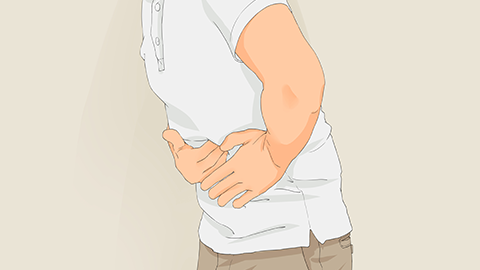Can patients with stomach diseases consume glucose?
Patients with gastric diseases can generally consume glucose; however, if the patient also has diabetes, glucose intake is typically not recommended. It is advisable to seek timely medical attention and receive treatment under the guidance of a qualified physician to determine the underlying cause.

Glucose is one of the main sources of energy for the human body. For patients with gastric diseases, especially those experiencing poor appetite or indigestion leading to insufficient energy intake, moderate glucose consumption can help supplement the body's energy needs. If a gastric disease patient also experiences symptoms of hypoglycemia, such as dizziness, fatigue, or sweating, appropriate glucose intake can quickly alleviate these symptoms. However, excessive glucose consumption may burden the gastrointestinal system and could potentially irritate the gastric mucosa, so gastric disease patients should strictly control their glucose intake.
It should be noted that if a gastric disease patient also suffers from diabetes, glucose intake is generally not recommended. Glucose can rapidly elevate blood sugar levels, which may worsen diabetic symptoms and even trigger acute complications in patients with poor glycemic control. Additionally, excessive glucose intake may stimulate gastric acid secretion in some gastric disease patients, exacerbating gastric discomfort and hindering recovery from gastric disorders.
Patients with gastric diseases should also maintain healthy eating habits, avoid consuming irritating foods and beverages, maintain a cheerful mood, and balance work and rest appropriately.







